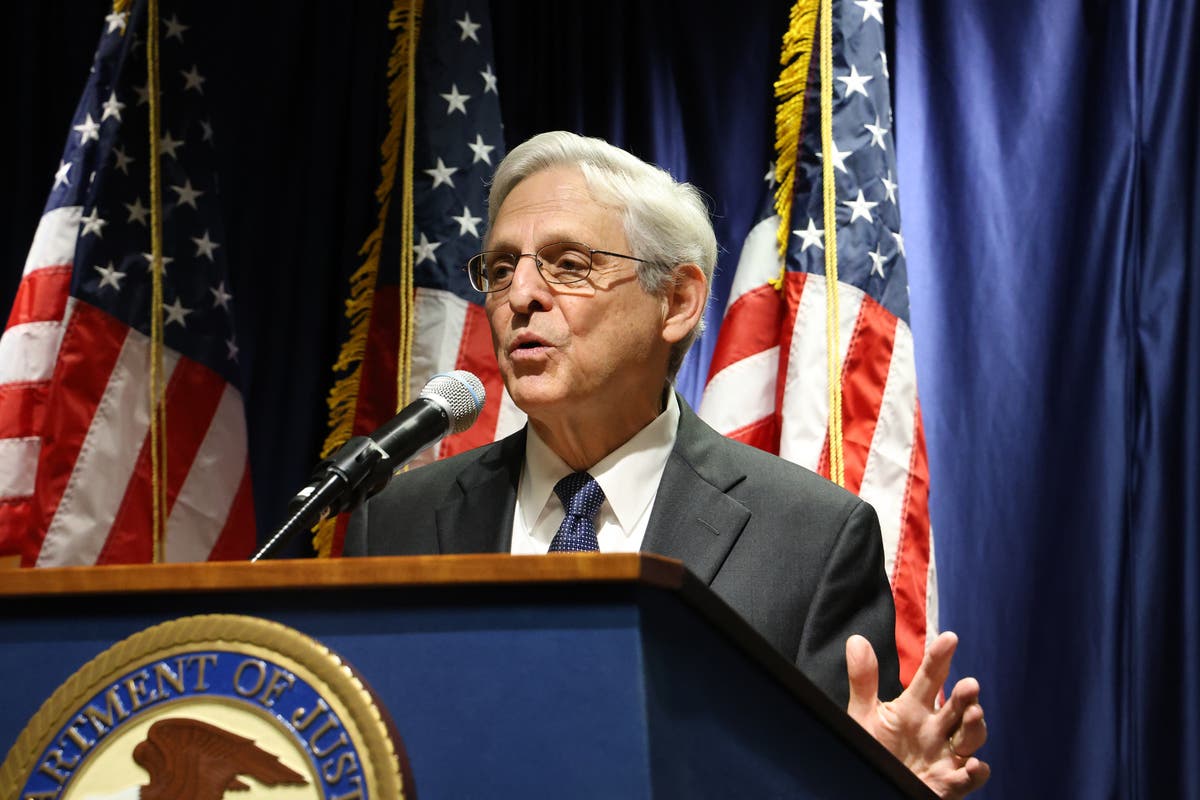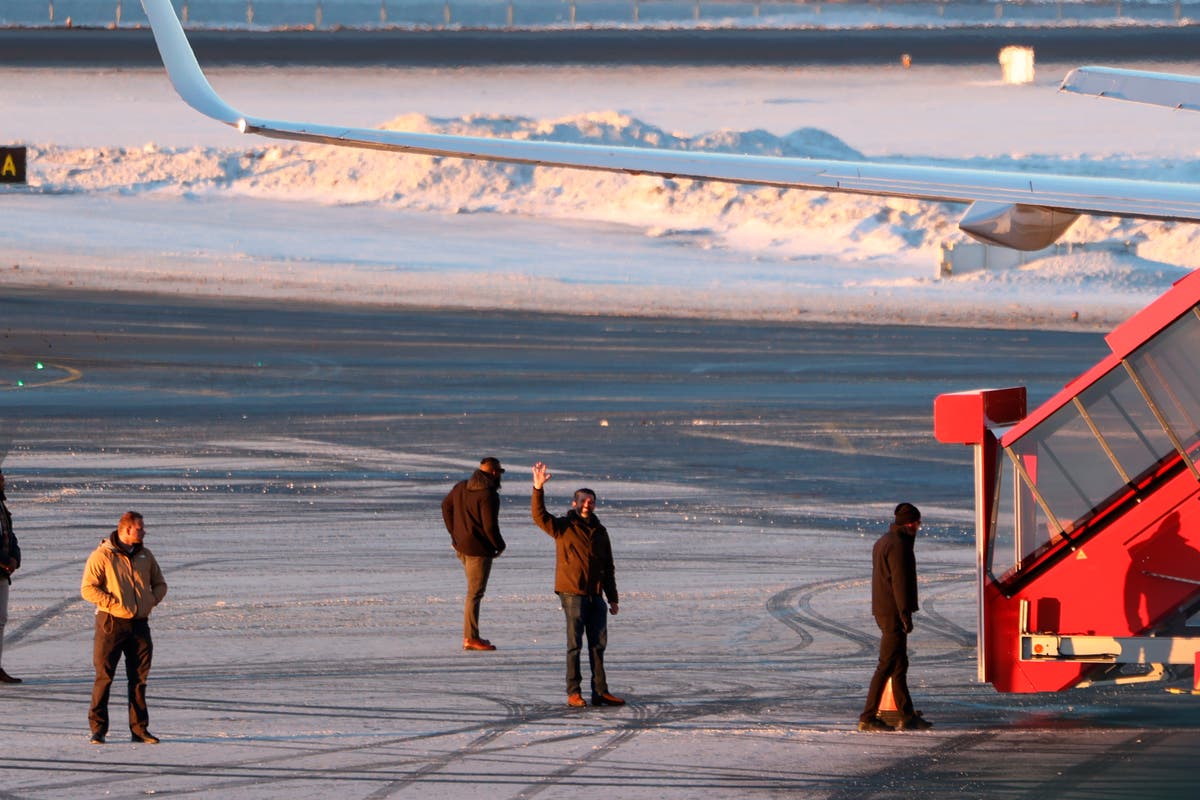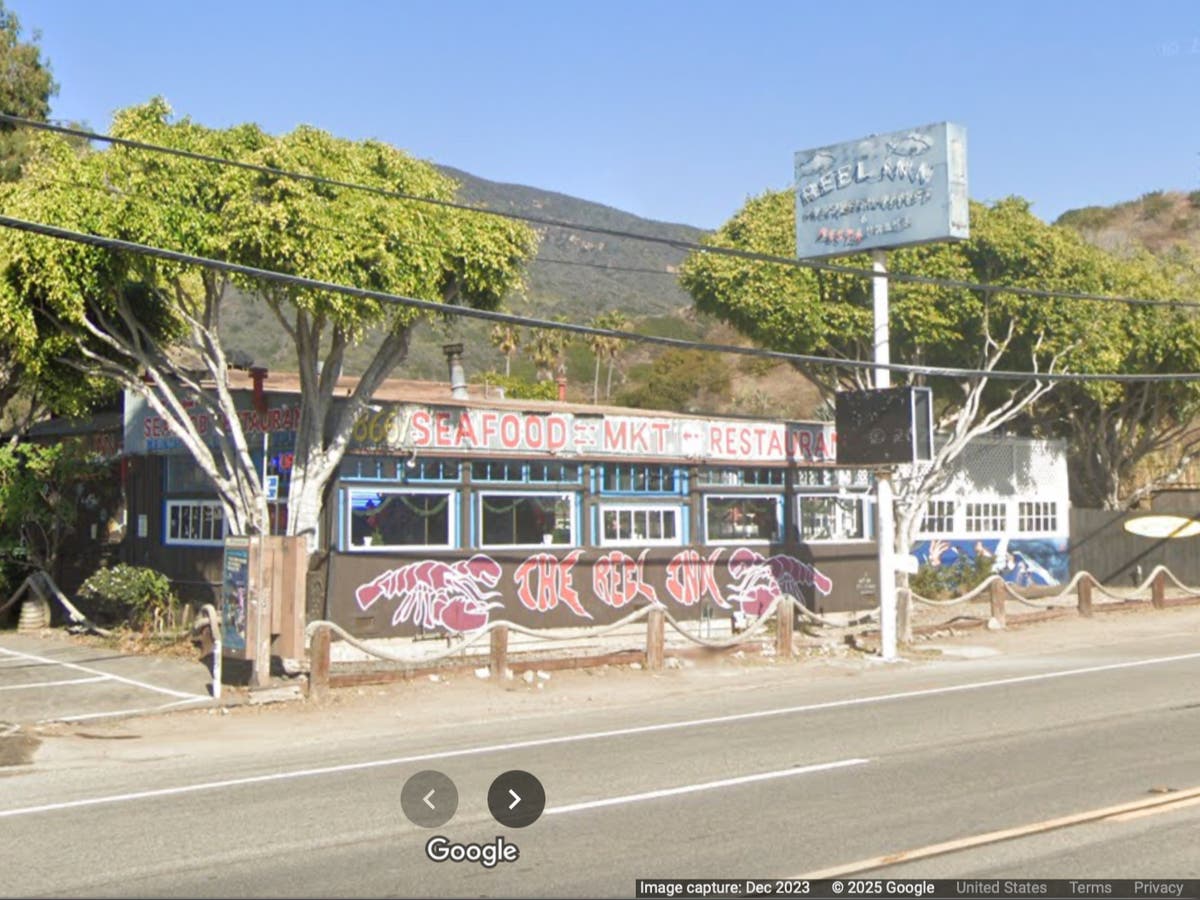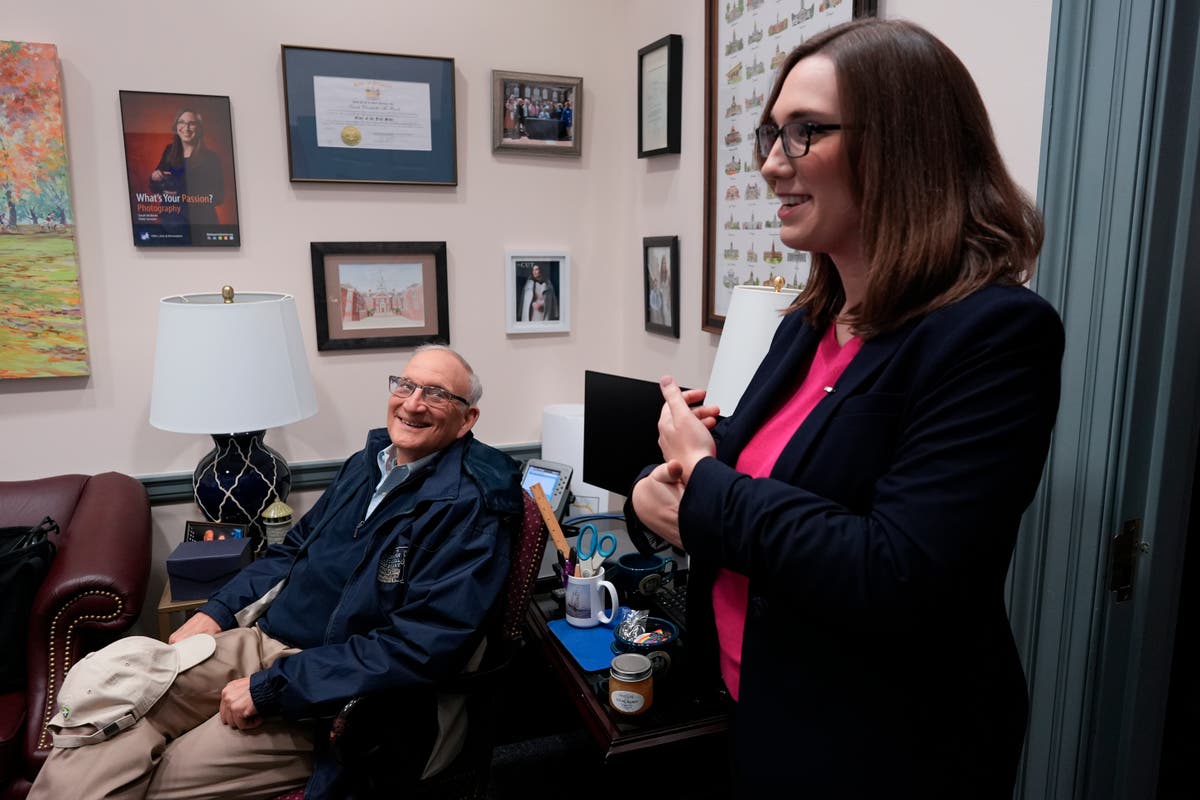Tech entrepreneur Elon Musk has ignited a firestorm of controversy by publicly endorsing Germany's far-right Alternative for Germany (AfD) party, just ahead of crucial parliamentary elections. This move has prompted the resignation of a prominent newspaper's opinion editor in protest and sparked a national debate regarding free speech.
Musk's endorsement, featured in a guest opinion piece for Welt am Sonntag, marks his second public show of support for the AfD this month. His commentary appeared as Germany prepares for an early election on February 23, triggered by the collapse of Chancellor Olaf Scholz's coalition government amidst economic disputes.
In his article, Musk asserted that the AfD represents "the last spark of hope" for Germany, envisioning the party leading the country toward economic prosperity, cultural integrity, and technological innovation. He further justified his commentary by citing his investments within the country.
The AfD, while polling strongly, faces an uphill battle to secure the chancellorship as other major parties have pledged not to cooperate with them. Furthermore, Musk challenged the far-right label associated with the party, highlighting the fact that the AfD's leader, Alice Weidel, has a same-sex partner of Sri Lankan descent.
The publication of Musk's opinion piece has led to widespread debate in German media regarding the limits of free speech. In response, Eva Marie Kogel, Welt am Sonntag's opinion editor, resigned from her position, announcing her decision on Musk's social media platform, X, shortly after the article was printed.
While criticizing Musk's conclusion, Jan Philipp Burgard, the future editor-in-chief of the Welt group, also contributed a commentary stating that while Musk's critique of the country was valid, his prescription that the AfD could be the nation's only savior was "fatally wrong."
In a joint statement, the current and incoming editors of the Welt group stressed that the discussion around Musk's article was "very insightful" and reiterated the publication's commitment to freedom of expression, and pledged to further develop Die Welt as a forum for debate.







